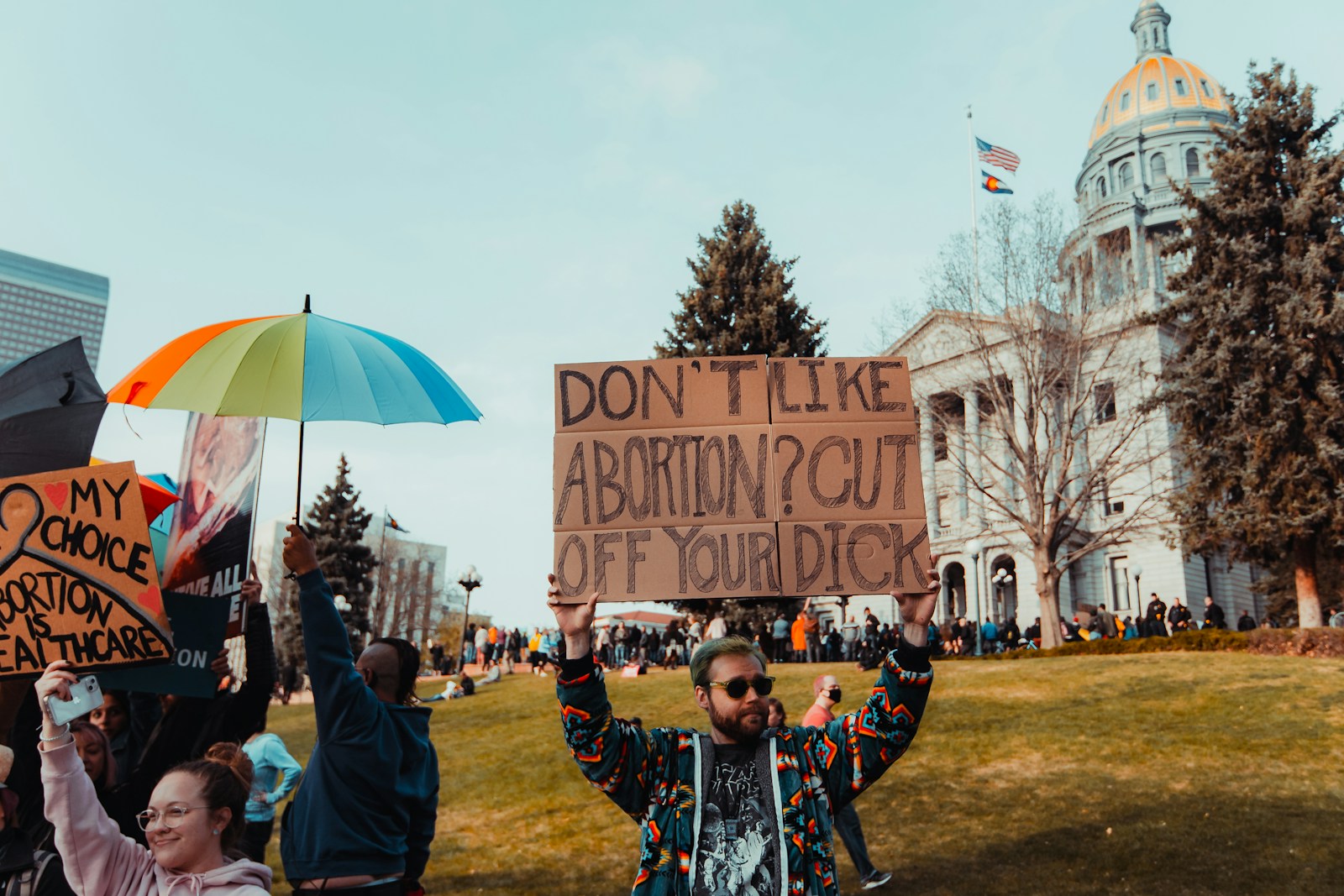Key Takeaways:
– Scotland has enacted new abortion laws that may incriminate individuals for praying at home in ‘safe access zones.’
– The Hate Speech Laws in Scotland have raised concerns among advocates of free speech.
– The new laws may implicate individuals demonstrating religious symbols or praying in their homes if they are considered threatening by proponents of abortion.
– These abortion ‘safe access zones’ could also include private residences.
Abortion Laws and Safe Access Zones
Scotland has emerged as a nation sparking debates on abortion laws and religious freedom due to its more recent legislative actions. New laws have purportedly been set forward around ‘safe access zones’, a terminology used in relation to the abortion debate.
Under the new laws, it could be possible for people of faith, including Christians and others who are pro-life, to incur legal trouble if they pray in their homes within designated abortion ‘safe access zones.’ This is especially if those who support abortion perceive the religious acts as a threat.
Hate Speech Laws: A Concern for Freedom Advocates
Recently, the UK has gained notoriety for what’s being seen as a crackdown on free speech, except instances where this involves Muslim migrants voicing support for terrorism. The stricter hate speech laws in Scotland, in particular, have been a point of contention for advocates of free speech, irrespective of their political leanings. The same laws, when applied under the new provisions, may result in a litigation for individuals praying or showcasing religious symbols in their homes, in case they are seen as menacing by pro-abortion supporters in the vicinity.
Changing Landscape: From Clinics to Private Homes
Previously, Scotland had been criticized for ousting individuals who silently prayed outside abortion clinics as a silent protest against the harrowing practices being conducted inside. The recent development, however, paints a more stringent picture. The newly defined abortion ‘safe access zones’ could now extend even to private dwellings.
The inclusion of residential homesteads within safe zones brings about a new concern, as it’s not only public displays of silent protests that are under scrutiny. The restrictions may inadvertently invade the sanctity of private spaces, potentially impacting the individuals’ right to practice religious rituals inside the confines of their homes.
The new laws have brought forth a wave of debates, raising critical questions about the ever-blurring line between abortion rights and religious liberties.
Possible Implications Moving Forward
The debate around balancing the freedom of religion and the right to choose is likely to heighten with the implementation of these new laws.
While pro-abortion advocates applaud these ‘safe access zones’ as protective measures ensuring peace and safety for women, pro-life supporters view them as infringement upon their personal freedoms.
As this legislative change in Scotland receives more attention, it promises to ignite global discussions. The principal quandary is figuring out how governments can balance the need for safe access zones for women seeking abortions with the need to protect the individual’s right to freedom of religion.
The coming days would, therefore, unfold how Scotland’s latest legislative step would impact the colossal ditch between the proponents of abortion and vigorous advocates of religious Christian and pro-life values. Only time will tell if the two can continue to coexist, or if a compromise is on the horizon.
